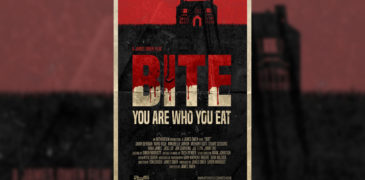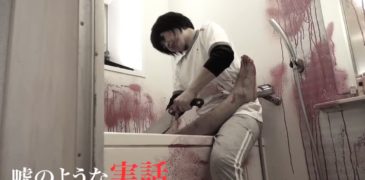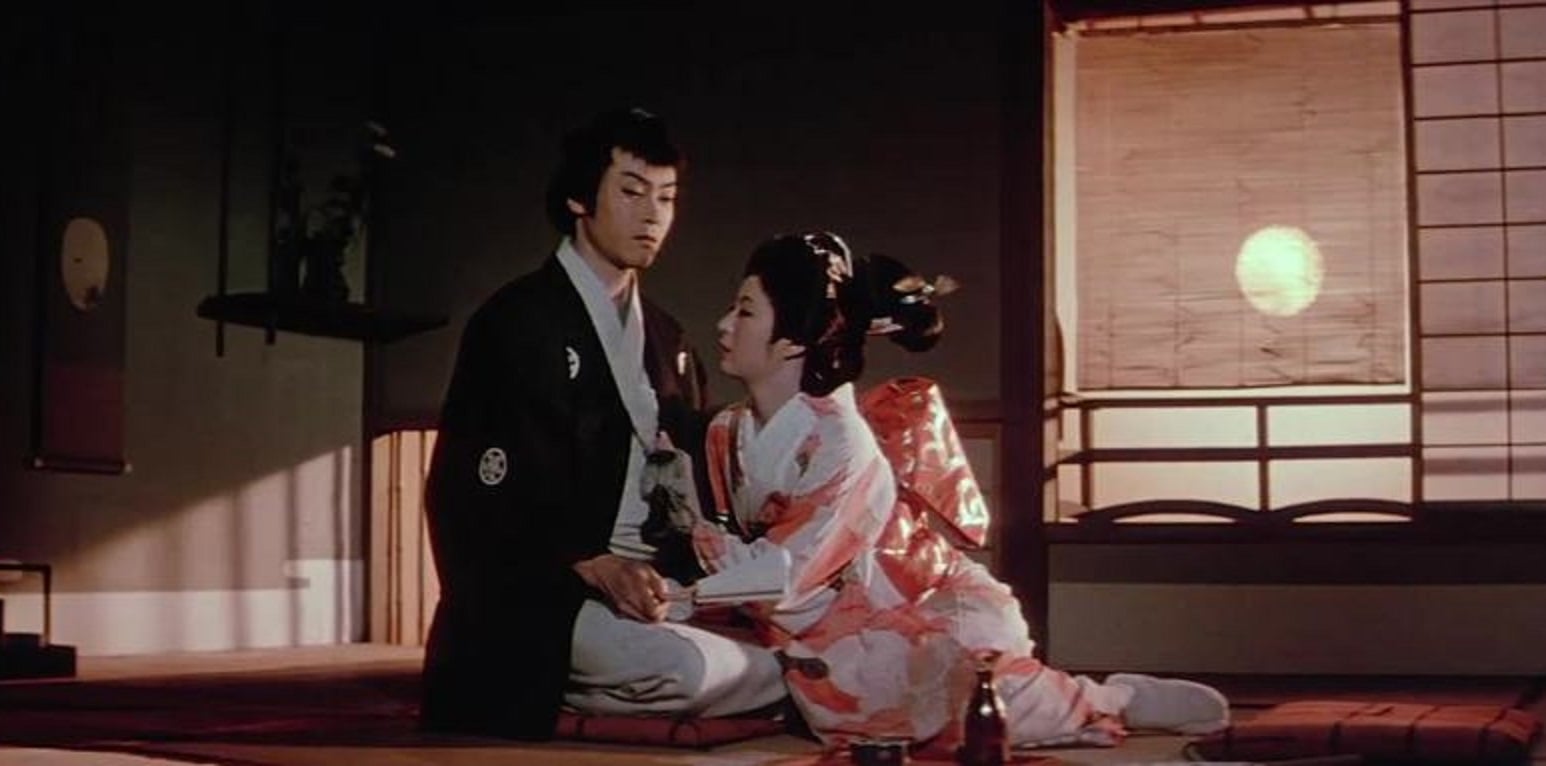
Modern-day J-horror traces its origins back to Japanese folklore and Kabuki plays, The Ghost of Yotsuya can be seen as an intermediate stage in the development of the field itself.
In the movie, our protagonist is a rather short-tempered and gullible young rōnin named Iemon. It is early 19th century Japan and he is living in poverty in the company of his loving wife, Oiwa. Dissatisfied and disappointed, he resolves to murder her in order to re-marry into better opportunities, but little does he know his deceased wife will return as an onryō to haunt him.
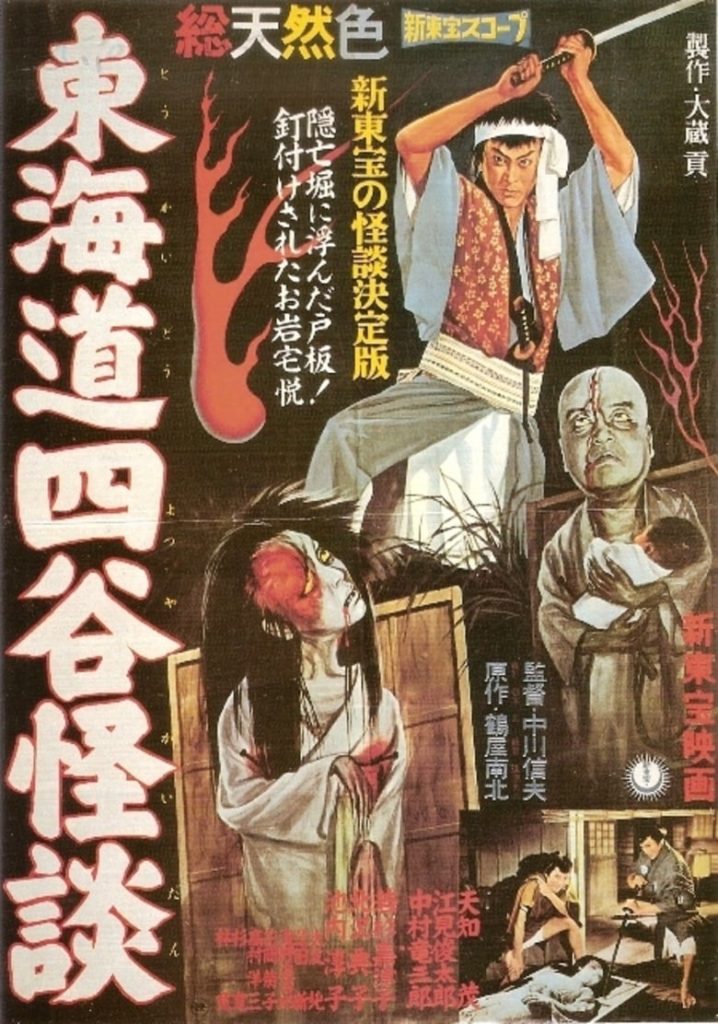
The storyline might be simplistic but it comes with an array of complex characters. Oiwa is a sweet, good-natured soul but she is also naïve, culminating in her unjust downfall. Her sister, Osode, although as good-natured as Oiwa, is more wise of the world, weary and insightful. Similarly, Iemon has a moral compass somewhere, but he is easily manipulated and led astray by his scheming servant, Naosuke, who acts to corrupt him.
The movie is based on a 19th-century Kabuki play known as Yotsuya Kaidan, an extremely popular theater experience in that era. The performances were so influential that Oiwa, the vengeance-seeking ghost of the story, was forever inserted into the cultural history as a salient figure in Japanese folklore. She is depicted as wearing a long, white gown as a burial kimono as an archetype for yūrei in future cinema as a motif. Her face is deformed and her left eye is drooping, both adverse effects of the insidious poisoning from Iemon.
The popularity of the play (and Oiwa as a figure) extended into the age of cinema as well from being firmly rooted in Japanese history. The play boasts of 30 movie adaptations as a lasting legacy proving no matter how society evolves, it will be adapted as respect for the cultural heritage. This version, The Ghost of Yotsuya by filmmaker Nobuo Nakagawa, is considered the definitive version – the most liked and best produced.
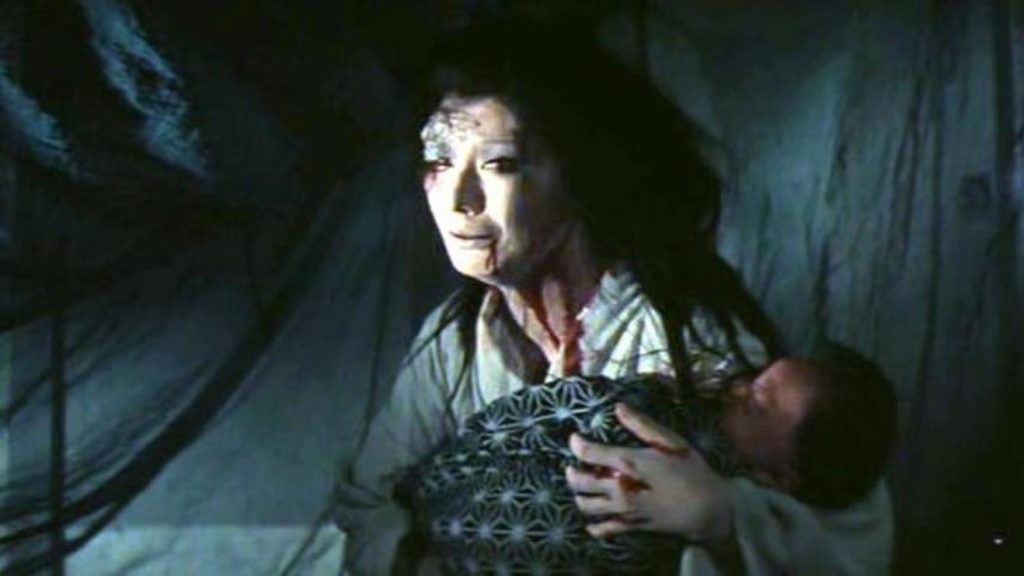
The movie intriguingly does not shy away from its stage origins. The acting, the sets, the make-up, etc., are all decidedly theatrical. I think it was a deliberate choice on the part of the director, a more artificial look as a homage. I found it fascinating as I felt I was getting a glimpse of the Japanese theatre from a bygone era, however! I could be entirely mistaken and those plays may not have corresponded to the setup of this film.
If you like taking a look into the history of J-horror, this is the movie for you. You could have fun comparing Oiwa’s look to Sadako/Samara’s of the Ringu/Ring series and her tragic backstory to that of Kayako’s from Ju-on/Grudge series.
This is a guest article from ‘Movie Meows’
You can follow on Facebook or check out the YouTube channel for more film insights!
More Reviews:
Jishu eiga, abbreviated from jishu seisaku eiga and translating roughly to “autonomously produced”, is an elusive, self-sufficient form of filmmaking popularised during the decline of mainstream Japanese cinema around the… A Savannah Haunting was an odd but compelling watch at the online edition of the 2021 Dracula Film Festival in Romania. Directed by William Mark McCullough, who is a prolific… In 2009, House of Wax’s Jaume Collet-Serra gave us the modest hit Orphan starring a pre-Conjuring era Vera Farmiga as a mother who, after the death of their unborn child,… Here’s another trashy offering from Hong Kong! You know, as a fan of Asian cinema, there are days when my cinema fix can only be satiated by truly thought-provoking high… Bite is a 2022 British horror thriller, written and directed by James Owen, with additional writing from Tom Critch. Although a trained trauma surgeon, James started creating short films around… Proposing itself as an intimate look at a killer, Eri’s Murder Diary caught my attention among the many titles at Japan Film Fest Hamburg. Directed by newcomer Koji Degura, I…Crazy Thunder Road (1980) Film Review – Cyberpunk Biker Action
A Savannah Haunting (2021) Film Review – Southern Values And Visitations
Orphan: First Kill (2022) Film Review – There’s Still Something Wrong With Esther
The Skin Striperess Film Review [1992] (Dir. Billy Chan)
Bite (2022) Film Review – A Hair of the Dog that Bit Me
Eri’s Murder Diary Film Review – The Broken Mind Of A Killer
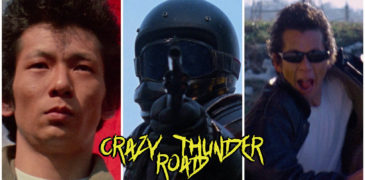

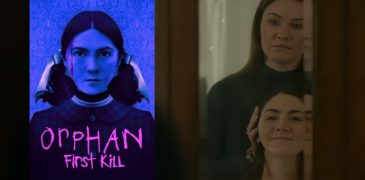
![The Skin Striperess Film Review [1992] (Dir. Billy Chan)](https://www.grimoireofhorror.com/wp-content/uploads/2021/04/Skin-Striperess-1-365x180.jpg)
